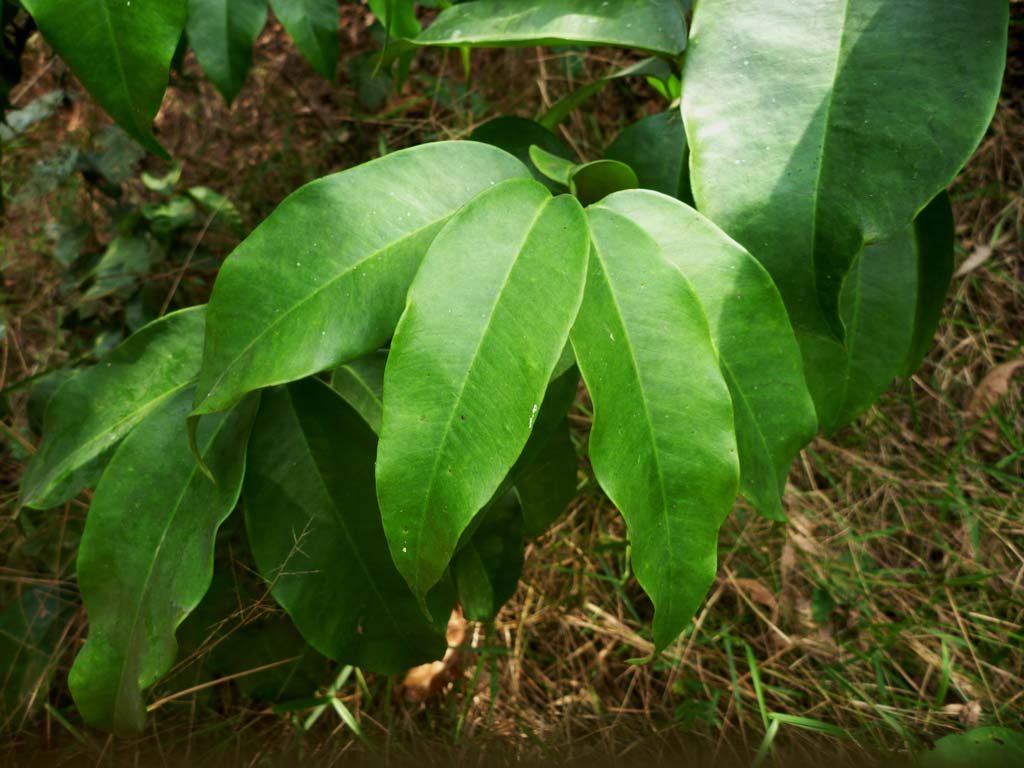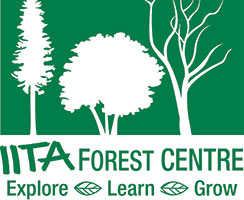
24 Jul Allanblackia floribunda
Scientific name: Allanblackia floribunda Oliv.
Family: Clusiaceae.
Distribution/conservation status: widespread in lowland evergreen, riverine, and swamp forests. Vulnerable (VU) and declining due to forest clearance, burning by hunters and over-collection for oil extraction.
Common names: Tallow tree (English), Orógbó Erin (Yoruba), Egba (Igbo), Izeni (Lakole).
Fruits/seeds: very large sausage-shaped, light brown, rough-skinned fruit containing ovoid, brittle-shelled seeds embedded in a pinkish-orange pulp.
Fruiting time: most months of the year.
Seed collection: cut the pod lengthways, just far enough to break open and remove the seeds; do not cut in half as this will damage some seeds. Burying whole fruit in the ground for a few weeks or storing under a pile of leaves until disintegrated may enhance seed maturation and improve germination. Removing seed coat and incubating seeds in polythene bags at 23-31°C may also produce good results.
Type of seed: recalcitrant.
Sowing method: sowing in nursery bed at a depth of 2-3 cm.
Sowing medium: forest soil and sand.
Germination period: 3-18 months.
Germination percentage: may be as low as 20%.
Vegetative propagation: air layering/marcotting, grafting, and cuttings of orthotropic shoots have been tried with limited success as propagules tend to have weak root systems that do not support the weight of a fruiting tree.
Growth/development: Seedlings are slow growing and it is difficult to tell males apart from females. Young plants do best in shade. Vegetative propagation is quicker and propagules are the same gender as the parent. Grafts may flower in the first or second year.
Notes: Seeds must be extracted and sown immediately. Allow fruits to drop from parent tree; do not collect fruits directly from parent tree as it is difficult to assess ripeness. Fruits are heavily predated by animals before and after falling from the tree. Growing from seed ensures genetic diversity and is the best option for forest restoration but not for commercial plantations where few males are required.

Allanblackia floribunda seedling

